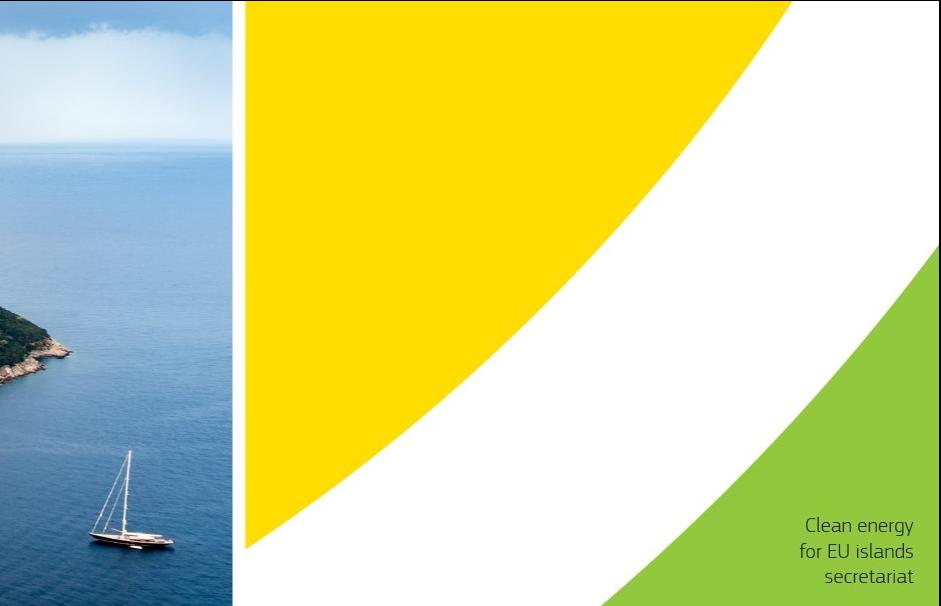
The Clean energy for EU islands secretariat provided an article for the European Commission's "in focus" news item in July. The following paragraphs are a selection from this article.
From the volcanic Canary Islands in the Atlantic Ocean to the picturesque Greek islands in the Mediterranean, all the way to the Åland Islands in the Baltic Sea, there are approximately 2,200 inhabited islands in the EU. European islands are greatly diverse in terms of size, population, geography, and territory. 16 million Europeans live on EU islands, which corresponds to around 4% of the EU’s total population, but being one of Europe’s favourite holiday destinations, many more people enjoy the islands’ natural and cultural beauty.
Due to their small size and isolated energy systems, islands face an important challenge with regard to energy supply. They are typically dependent on fossil fuel imports for electricity generation, transport, and heating. Fossil fuels are not only a major source of CO2 emissions, but they are also expensive: for example, the cost of electricity generation on islands can be up to 10 times higher than on the mainland! This represents an obvious financial burden for the islanders.
An abundance of locally available renewable energy sources, such as solar power, wind power, marine and geothermal energy, means that exploiting them can bring great socio-economic benefits to EU islands. Islands can thus become innovation leaders in the clean energy transition for Europe and beyond – leading the way to be 'Fit for 55' – that is, achieve the ‘net 55 %’ reduction targets by 2030.
Here, the Clean energy for EU islands initiative comes in. Launched in 2017, as part of the Clean energy for all Europeans package, it provides a long-term framework to help islands generate their own, sustainable and low-cost energy. The European Parliament and the European Commission set up the Clean energy for EU islands secretariat in 2018, to help citizens, local authorities, businesses, and academic institutions work together to advance the clean energy transition on their island. Since then, the secretariat acts as a platform to exchange best practices for island stakeholders. By signing the Clean energy for EU islands pledge, islands can become an official part of the initiative and share their story with people and decision-makers across Europe.
Read the full article here.
